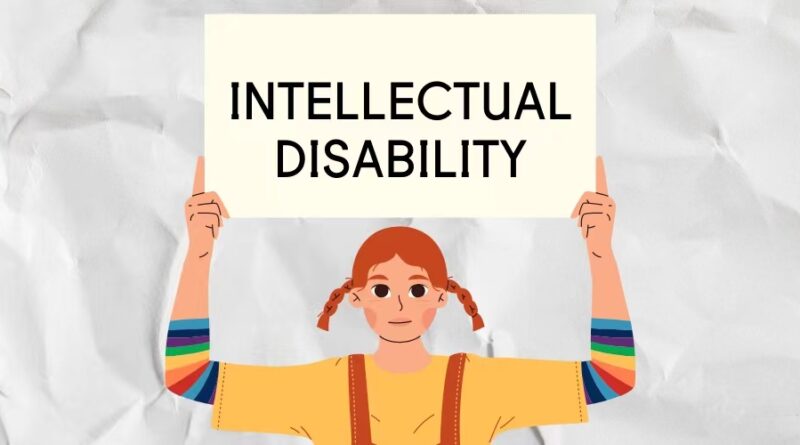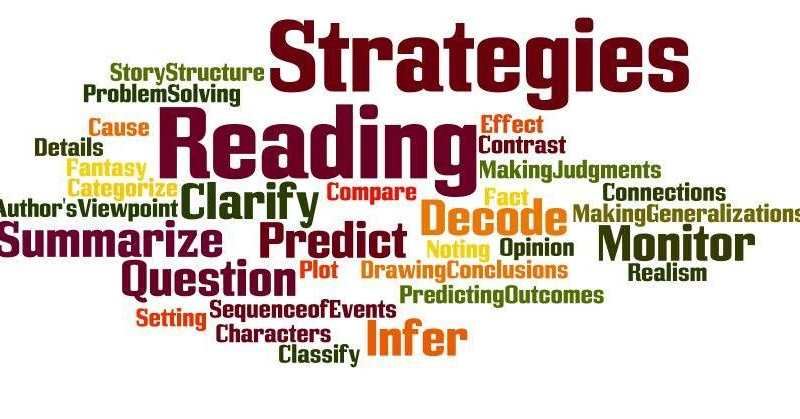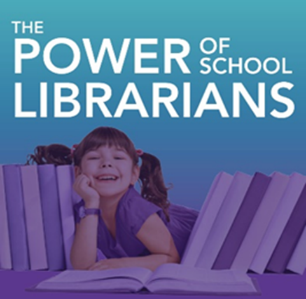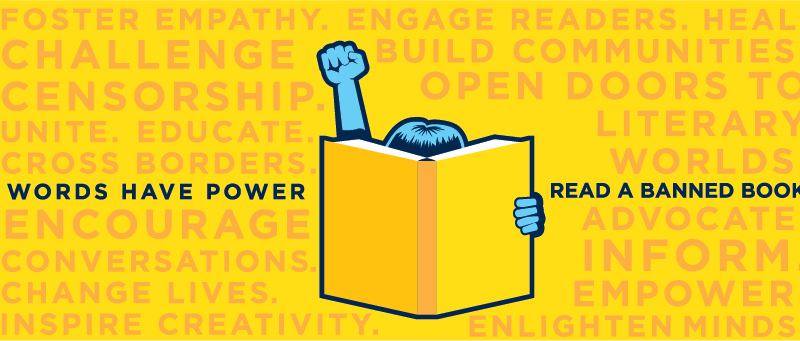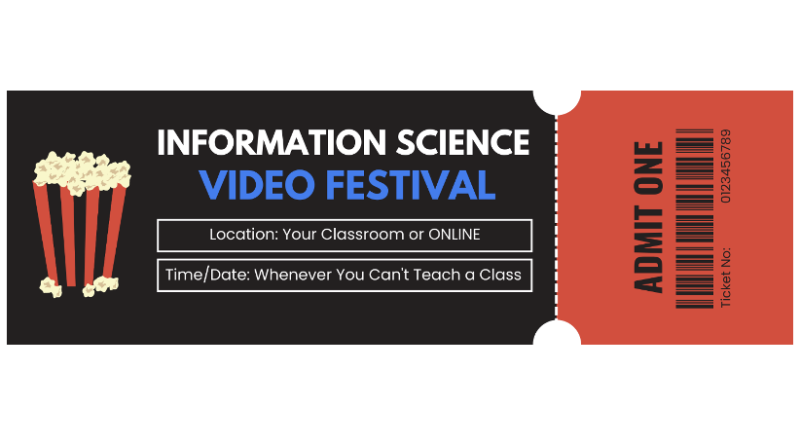Teaching Individuals with Intellectual Disabilities in China: Strategies and Challenges
Individuals with intellectual disabilities require long-term education in specialized schools or institutions due to their unique learning needs and behavioral habits. Teachers with specialized training are essential in their education process. Based on volunteer experience at non-governmental organizations (NGOs) serving individuals with intellectual disabilities, we summarize common teaching strategies employed by teachers and challenges encountered in teaching to present the landscape of special education in China and to enlighten future LIS research.
Read More


